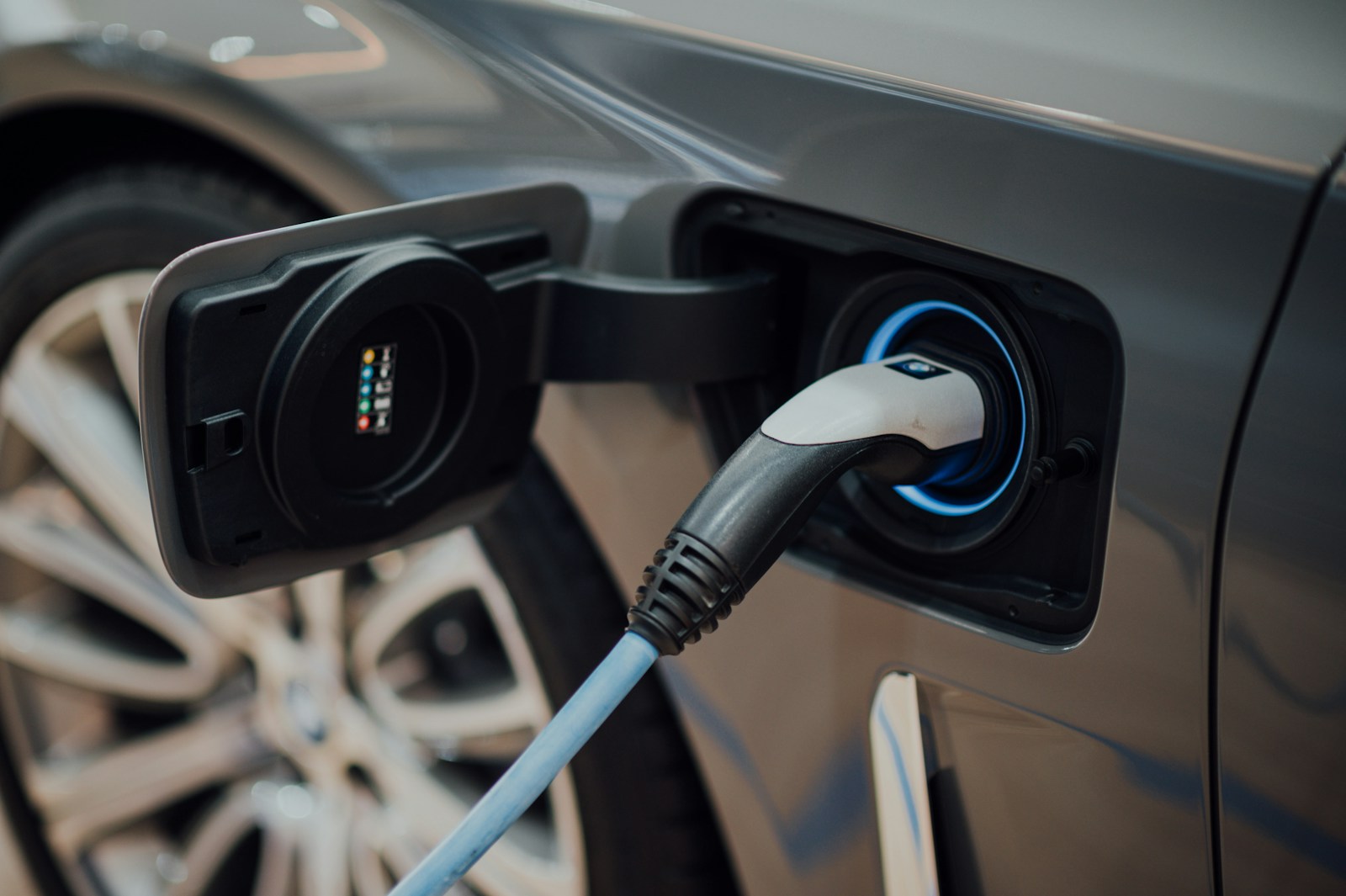Just as electric vehicles are starting to gain real traction with everyday drivers, a new proposal in Congress could slam the brakes on that progress.
Last week, the House Transportation and Infrastructure Committee proposed an annual federal registration fee of $250 for electric vehicles and $100 for hybrids. The idea is to help shore up the Highway Trust Fund, which is running dry due to outdated gas taxes and rising EV adoption. But this move—framed as a fairness issue—could backfire by discouraging the very shift to cleaner transportation that lawmakers have long claimed to support.
A Fee That Feels Like a Punishment
Let’s be clear: roads need funding. Traditionally, they’ve been paid for by fuel taxes. But EVs don’t use gas, and hybrids use far less. So yes, they’re paying less into the system.
Still, slapping an extra $250 fee on EV drivers — many of whom made the switch to save money in the long run — feels more like a penalty than a solution. And it’s not a sliding scale. Whether you drive a $30,000 Nissan Leaf or a $100,000 Tesla, you’d pay the same annual fee. That flat rate hits middle-class buyers hardest, especially as many are still weighing the up-front costs of going electric.
The Timing Couldn’t Be Worse
This proposal comes at a delicate time. EVs are just beginning to make headway in the mainstream market. More models are affordable. Charging networks are expanding. And state and federal incentives have made the transition more appealing. But adoption is still fragile.
Adding a new federal fee — on top of existing state-level EV fees in many places — could push hesitant buyers back to gas-powered options. It sends the message that cleaner vehicles come with hidden costs, just as public perception was starting to shift the other way.
A Fix That Misses the Mark
The Highway Trust Fund does need attention. It’s been operating at a deficit for years, with gas taxes stuck at 1993 levels. But rather than modernizing the gas tax or exploring broader road usage fees, this proposal narrowly targets EVs and hybrids.
It doesn’t address the growing use of fuel-efficient gas vehicles that also pay less in fuel taxes. Nor does it consider mileage-based alternatives or infrastructure paid through general taxation.
It’s a move that feels more political than practical.
The Road Ahead
If the goal is truly fairness, then we need a fairer system — one that modernizes how all vehicles contribute to road funding, not just those that run on batteries. Otherwise, we risk setting back one of the few major consumer shifts toward cleaner transportation.
EV adoption isn’t just about the environment. It’s also about reducing fuel costs, cutting pollution, and building a competitive industry for the future. Slowing that momentum over $250 a year might cost us much more in the long run.
Related: Hydrogen vs. Electric: The Battle for the Future of Zero-Emission Vehicles (10 Things to Know)


